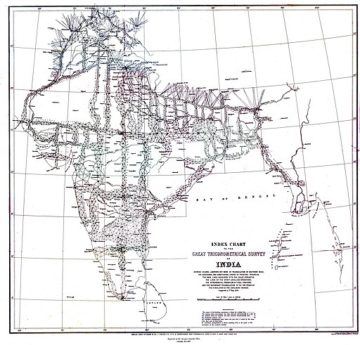by N. Gabriel Martin

Henry Ward Beecher was one of the most prominent and influential abolitionists in the US prior to and during the Civil War. He campaigned against the “Compromise of 1850” in which the new state of California, annexed in the Mexican-American war, was agreed to be made a state without slavery in exchange for tougher laws against aiding fugitive slaves in the non-slavery states. In his argument against the Compromise of 1850, “Shall we compromise,” Beecher argued, according to his biographer Debby Applegate: “No lasting compromise was possible between Liberty and Slavery, Henry argued, for democracy and aristocracy entailed such entirely different social and economic conditions that ‘One or the other must die.’”[1]
In her Voice From the South, African-American author Anna Julia Cooper writes about hearing Beecher say “Were Africa and the Africans to sink to-morrow, how much poorer would the world be? A little less gold and ivory, a little less coffee, a considerable ripple, perhaps, where the Atlantic and Indian Oceans would come together—that is all; not a poem, not an invention, not a piece of art would be missed from the world.”[2]
Opposed to the enslavement of Africans on the one hand, utterly dismissive of their value on the other, for Beecher the problem of slavery would be just as well resolved if Thanos snapped his fingers and disappeared all Africans, as it would if slavery were abolished. Perhaps better. Beecher’s position isn’t atypical of human rights advocates, even today (although the way he puts it would certainly be impolitic today). When charities from Oxfam to Save The Children feature starving African children in their ads, the message isn’t that the impoverishment of those children inhibits their potential as the inheritors of a rich cultural endowment that goes back to the birth of civilisation, mathematics, and monotheism in Ancient Egypt. The message these humanitarian ads send is that the children are suffering and that you have the power to save them. As Didier Fassin writes: “Humanitarian reason pays more attention to the biological life of the destitute and unfortunate, the life in the name of which they are given aid, than to their biographical life, the life through which they could, independently, give a meaning to their own existence.”[3] Read more »

